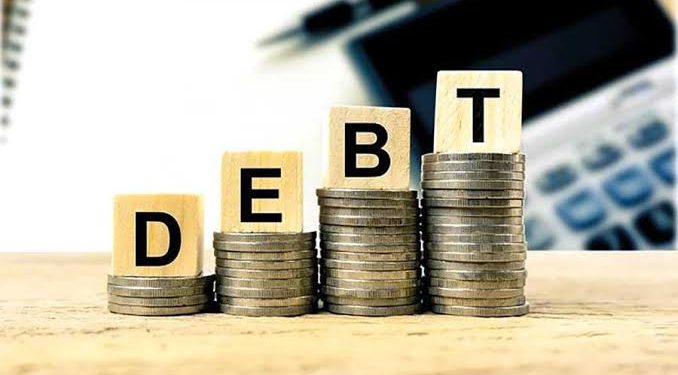The Federal Government has announced plans to refinance Nigeria’s high-interest debt portfolio to reduce borrowing costs, ease fiscal pressure, and create more room for productive investments.
Minister of Finance and Coordinating Minister of the Economy, Wale Edun, disclosed this on Tuesday at the 55th Annual Conference of the Institute of Chartered Accountants of Nigeria (ICAN) in Abuja.
Edun explained that the move has become necessary as Nigeria’s debt servicing costs have surged in recent years. Treasury bill rates rose from 8 percent in 2023 to nearly 24 percent, while external debt service costs jumped from a budgeted N2.7 trillion to N6.7 trillion in 2024.
“We are taking deliberate steps to refinance our expensive debt and bring down the cost of borrowing. This will ease fiscal pressure, free resources for development spending, and strengthen our long-term fiscal position,” he said.
The refinancing plan aligns with the administration’s medium-term economic growth strategy, which focuses on building a productive, private sector–led economy through openness, efficiency, and innovation.
Edun said the government aims to achieve a 7 percent GDP growth rate by 2027/2028 through increased private investment, while repositioning the public sector as a facilitator rather than a dominant player.
To support this, the administration is investing heavily in digital infrastructure to tap into the potential of Nigeria’s youthful population, 65 percent of whom are under 35. Through Project Bridge a $2 billion public-private partnership supported by the World Bank and the African Development Bank the government plans to expand fibre optic coverage by 90,000 kilometres to achieve 70 percent nationwide internet penetration.
Edun highlighted significant improvements in Nigeria’s fiscal position, noting that federal revenue has grown by over 70 percent in the past two years. He attributed the rise to key reforms under President Bola Tinubu’s Renewed Hope Agenda, including foreign exchange and fuel market liberalisation and the automation of revenue systems.
He also reiterated the government’s goal of raising infrastructure stock from below 40 percent of GDP toward the global benchmark of 75 percent through innovative financing and formalisation of the informal sector.
The recently enacted Tax Reform Act is expected to harmonise tax administration, broaden the tax base, and curb multiple taxation key issues affecting MSMEs nationwide.
On social investment, Edun said the government is expanding support programmes using digital ID systems to ensure targeted and transparent delivery to vulnerable Nigerians.
He also called on ICAN members to support the reforms through accountability and excellence in financial reporting.
“As custodians of financial integrity, your role is pivotal. ICAN should consider developing a transparent rating model for accounting firms to promote excellence in tax audit and financial reporting,” he said.
Edun reaffirmed the Tinubu administration’s commitment to restoring fiscal stability, supporting private sector growth, and driving sustainable economic transformation through prudent debt management, innovation, and inclusive reforms.










